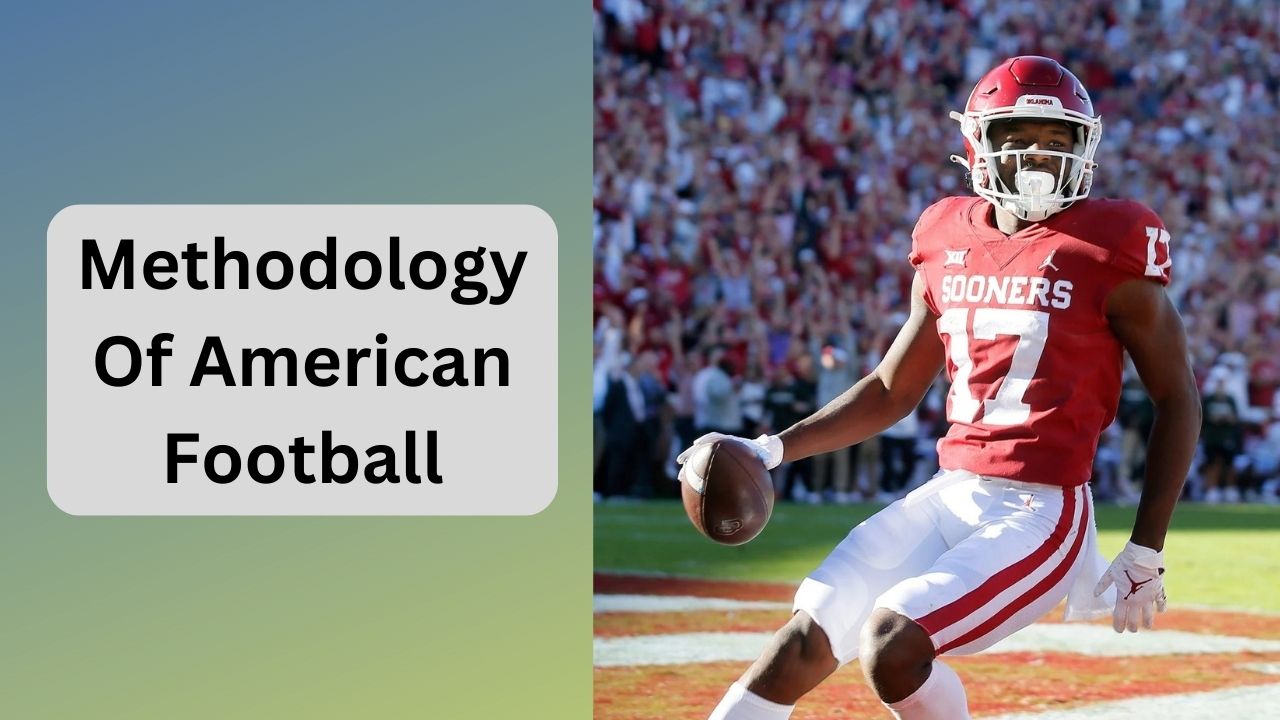The methodology of American football involves a combination of strategic planning, skill development, physical conditioning, and teamwork. Here’s an overview of key aspects:
Offensive Strategies:
- Formation: Teams use various offensive formations to create mismatches and confuse the defense.
- Playbook: Coaches design a playbook that includes a variety of plays to exploit the opponent’s weaknesses.
- Quarterback: The quarterback is a crucial player who leads the offense, makes decisions on the field, and executes plays.
Defensive Strategies:
- Formation: Defensive formations are designed to counter the opposing team’s offensive strategies.
- Blitzing: Coordinated pass rushes, or blitzes, are used to put pressure on the quarterback.
- Coverage: Defensive players need to effectively cover receivers, intercept passes, and stop the run.
Special Teams:
- Kicking Game: Special teams handle kicking, punting, and field goals.
- Return Game: Return units aim to gain field position by returning kicks and punts.
Skill Development:
- Position-Specific Training: Players undergo position-specific training to enhance their skills and understanding of their roles.
- Drills: Various drills focus on improving agility, speed, strength, and football-specific skills.
Teamwork and Communication:
- Communication: Clear and effective communication is essential on the field, especially for the quarterback and the defense.
- Team Bonding: Team-building activities foster camaraderie and teamwork.
Physical Conditioning:
- Strength Training: Players undergo strength and conditioning programs to improve their physical attributes.
- Endurance Training: Football requires a combination of strength and endurance, so conditioning is crucial.
Game Planning:
- Scouting: Teams study opponents’ strengths and weaknesses through scouting reports.
- Adjustments: Coaches make in-game adjustments based on how the opponent is performing.
In-Game Decision-Making:
- Clock Management: Managing the game clock strategically is crucial in the closing minutes of each half.
- Fourth-Down Decisions: Coaches decide whether to punt, kick a field goal, or go for it on fourth down based on the game situation.
Player Roles:
- Specialization: Players have specific roles and positions based on their strengths and skills.
- Substitutions: Coaches make strategic substitutions to match up against the opponent’s strengths.
Rule Knowledge:
- Understanding Rules: A deep understanding of the rules is crucial for players and coaches to make informed decisions and avoid penalties.
Successful American football teams integrate these elements into their overall methodology, adapting strategies based on the strengths and weaknesses of their roster and the specific challenges posed by opponents.

